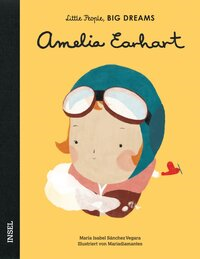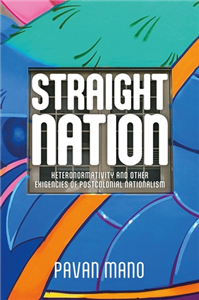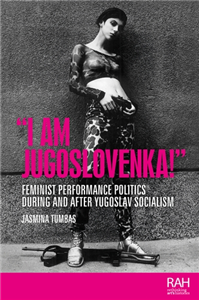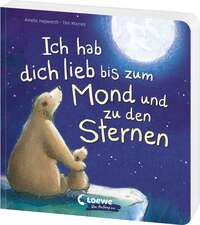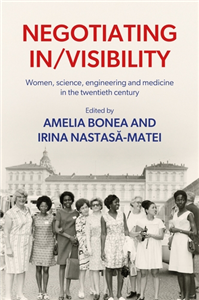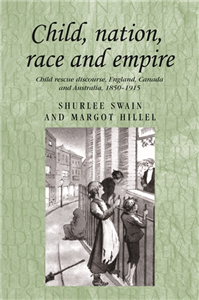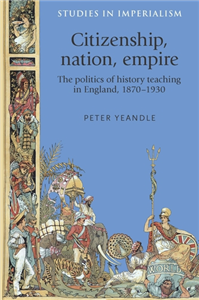Little People, Big Dreams. Deutsche Ausgabe | Kinderbuch ab 4 Jahre
Als erste Pilotin der Weltgeschichte flog Amelia Earhart allein über den Atlantik. Mit einem felsenfesten Willen und dem Glauben an sich selbst überwand sie jegliche Vorurteile und technischen Probleme, die sich ihr in den Weg stellten.
Little People, Big Dreams erzählt von den beeindruckenden Lebensgeschichten großer Persönlichkeiten: Jede dieser Frauen, ob Künstlerin, Pilotin oder Wissenschaftlerin, hat Unvorstellbares erreicht. Dabei begann alles, als sie noch klein waren: mit großen Träumen.
Für welches Alter sind diese Bücher gedacht?
Für Babys das perfekte Geschenk zur Begrüßung in eine Welt voller Träume! Und Eltern werden in schlaflosen Nächten von diesen Büchern dazu ermutigt, das Vorlesen zu einem selbstverständlichen Teil des Lebens zu machen.
Kleinkinder werden von den Illustrationen verzaubert sein – sie werden zahlreiche Dinge entdecken. Auch sind die Bücher großartige „Vokabeltrainer“!
3- bis 5-Jährige werden alles, Illustrationen und Texte, geradezu in sich aufsaugen!
6-, 8- und 10-Jährige haben ein ausgeprägteres Verständnis für die Illustrationen und die Bedeutung der Geschichte – es geht nicht nur darum, sich selbst zu akzeptieren und die eigenen Zukunftsträume zu verwirklichen, sondern auch darum, andere so zu akzeptieren, wie sie sind.
Später: Die Bücher sind gute Geschenke zu jedem Anlass, denn die Träume der Kindheit können das ganze Leben lang Wirklichkeit werden.




